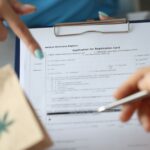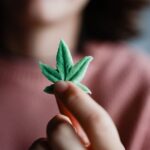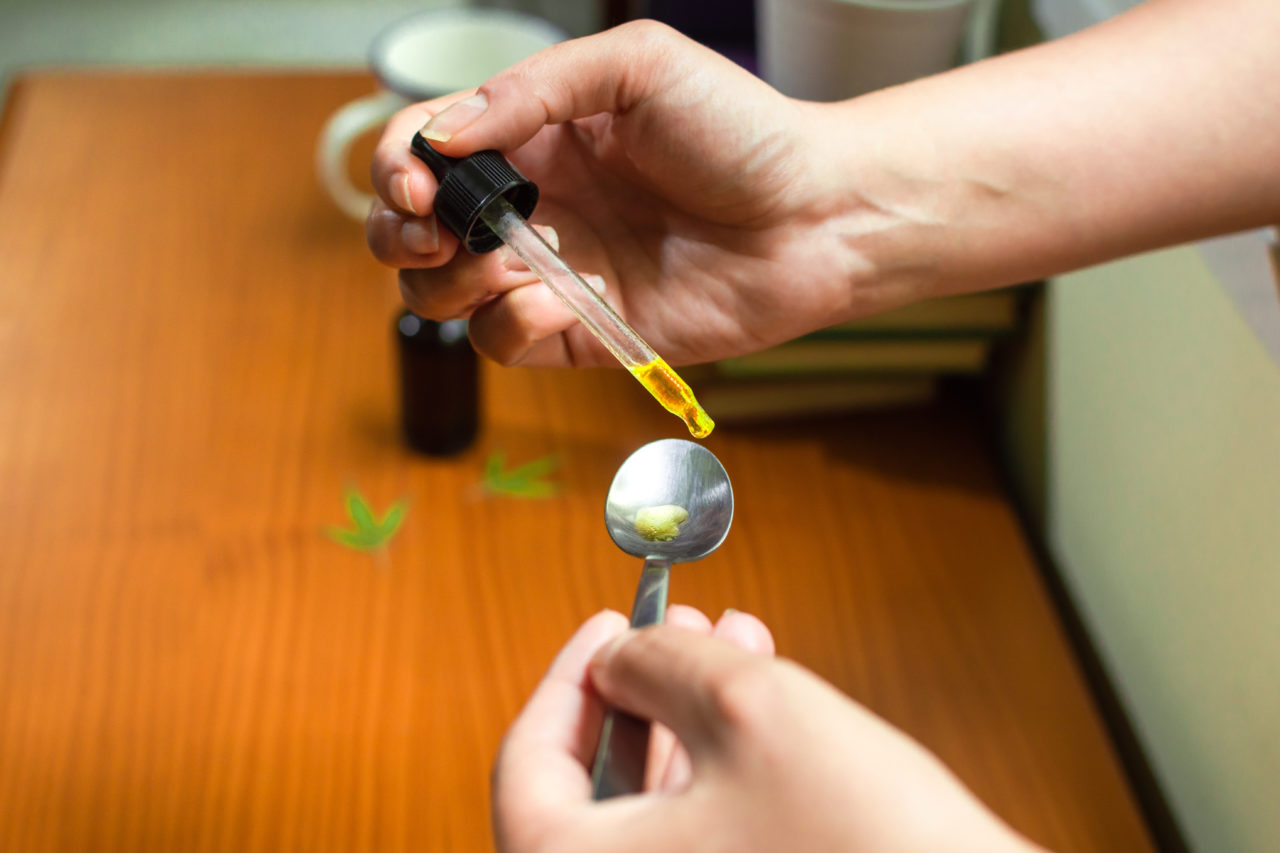Delta-8 THC was one of the hottest topics in medical cannabis last year. The hype has died down somewhat, leaving many who are new to medical cannabis unaware of its legal status. So what is that status, both nationally and here in Utah?
The simple answer is that delta-8 is illegal on both counts. But truth be told, the answer is more nuanced than that. This post will discuss the legal issues and how they pertain to the medical cannabis community. But first, an introduction to delta-8 is an order for those who might be new to the community.
A Naturally Occurring Cannabinoid
Delta-8 is a naturally occurring cannabinoid similar to delta-9, the type of THC most people associate with cannabis’ psychoactive effects. It turns out that delta-8 is an isomer of delta-9. That means they are both forms of THC with the same molecular makeup. The only difference between the two is how those molecules are arranged.
Users tend to report that delta-8 leads to a less intense psychoactive response than delta-9. They say delta-8 feels different. Its effects are not quite the same. Whether or not it has any medical benefits is a matter of debate.
Why It’s Illegal
Even though delta-8 is not specifically mentioned on the federal government’s Schedule I list of controlled substances, the DEA has deemed it illegal due to the fact that it is technically a form of THC. Their decision is a controversial one, given the fact that delta-8 can be synthetically derived from CBD. More on that in a minute.
Regardless of the controversy, the DEA is clear in its opposition to both delta-8 and other synthetic cannabinoids with psychoactive effects. This includes, among others, delta-10.
Here in Utah, delta-8 THC is illegal. Even with a valid medical cannabis card, patients are not allowed to purchase products containing it. Last year, the state went as far as to require manufacturers to start reporting any synthetic cannabinoids in their products.
Origin Is the Sticking Point
The sticking point over delta-8’s legal status is origin. It occurs naturally in cannabis plants. It is not the cannabinoid federal regulations refer to in terms of cannabis bans. Furthermore, delta-8 can be derived from CBD.
Congress legalized CBD along with hemp in the 2018 Farm Bill. As such, manufacturers contend that CBD-derived delta-8 is a CBD product, not a THC product. That would make it legal under both federal and state law. Regulators across the country disagree.
By the very definition of an isomer, delta-8 has the same molecular makeup as delta-9, whether it occurs naturally or is synthesized in a lab. This is enough to cause regulators to maintain the synthesized version’s illegality.
Things Could Change
Over the last couple of years, states have begun moving against delta-8 out of concerns that it opens the door to unwanted cannabis consumption. In the medical cannabis space, such efforts have seen mixed reviews. Some medical cannabis patients are okay not having access to delta-8 while others want it. It is a mixed bag.
It’s important to remember that things can change. Here in Utah alone, medical cannabis regulations have evolved significantly since 2019. There is no reason to believe that lawmakers will not continue adjusting as long as necessary to maximize our program.
For the meantime, delta-8 remains illegal both nationally and at the state level. If you are a medical cannabis patient, help the cause by purchasing only approved products at a licensed pharmacy. You are always welcome to visit Beehive Farmacy in either Salt Lake City or Brigham City.




